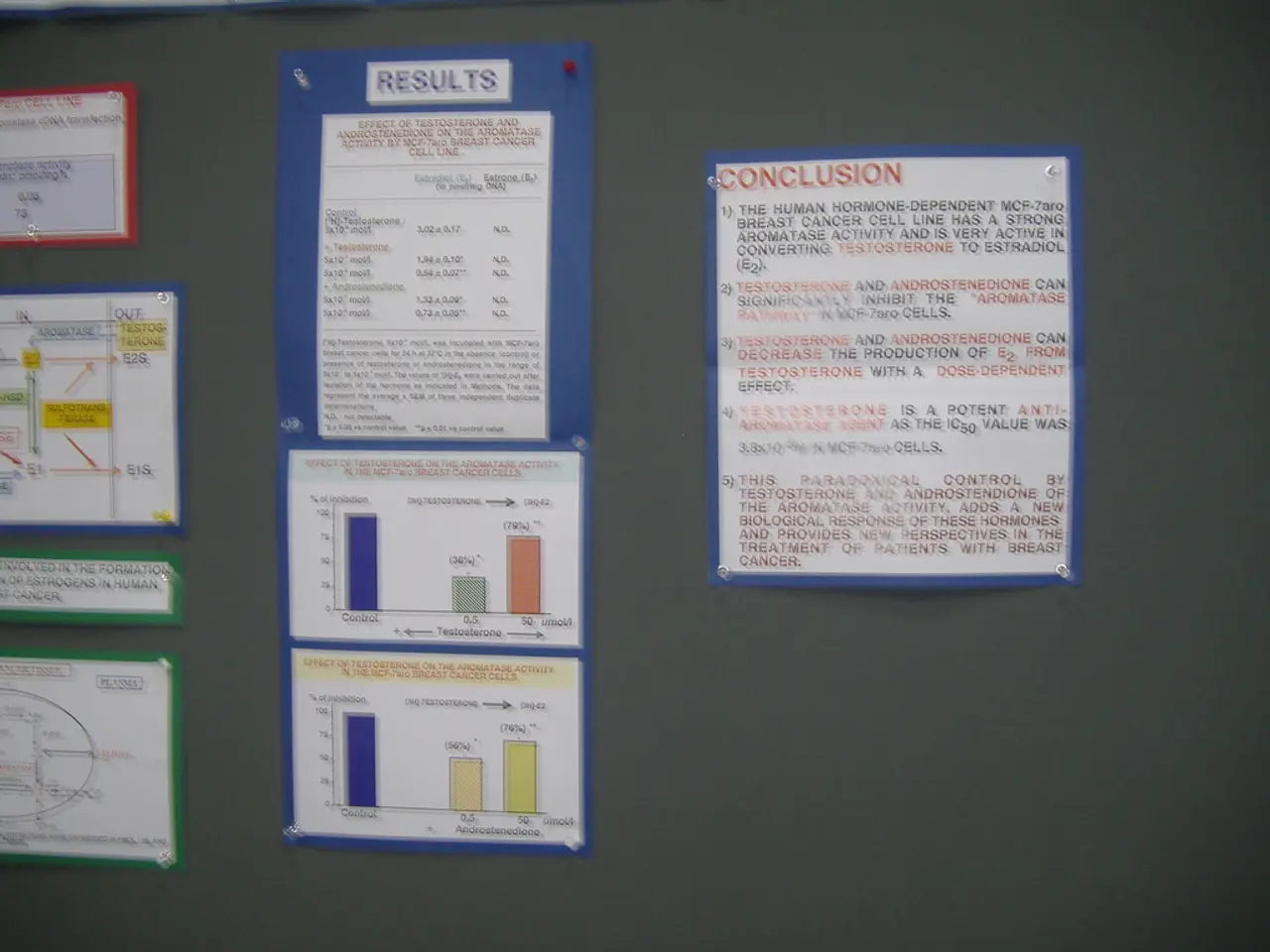Mark Levine expresses preference for a Mamdani administration devoid of turmoil or controversy.
In the heart of New York City, the borough presidency office in lower Manhattan is a testament to the city's rich history, adorned with aged maps of Manhattan on its walls. However, the role of the borough presidency, since the demise of the Board of Estimate in 1989, has become more symbolic than powerful.
Yet, the upcoming change in the city's leadership brings a new chapter. The likely incoming mayor of New York City is Zohran Mamdani, a 33-year-old democratic socialist. In this politically complex environment, Mark Levine is poised to take on a significant role as the city's next comptroller.
Levine, without a background in health care, rose in prominence during the COVID-19 pandemic as the city's political conscience. He was a regular fixture on the news, often using his fluent Spanish and Hebrew to reach a wider audience. During this time, he became an essential resource for New Yorkers seeking accurate public health information.
As the city's likely next comptroller, Levine will face his greatest challenge yet: safeguarding the city's finances from an increasingly hostile presidential administration. His approach blends fiscal oversight with active investment strategies, especially in affordable housing, aligning with pressing city priorities.
The role of the city's comptroller includes being a watchdog, managing the city’s pension fund, conducting financial audits, and acting as an independent watchdog over city administration. Levine has vowed to protect the city’s finances from adverse federal policies and to use his office to confront urgent issues like the city's affordability crisis.
One of his key strategies will be leveraging pension fund investments to finance new affordable housing. He also emphasizes using the powers of audit and oversight to accelerate and more efficiently build housing through city agencies, continuing his priorities from his current role as Manhattan Borough President.
Levine may find himself with a choice between treating Mamdani as a crisis or setting differences aside and focusing on broader city issues. Regardless, he has demonstrated a strong affinity for leading from the front and demonstrating by example.
During the pandemic, he advocated for racial disparity data and co-authored legislation to bolster indoor air quality when wildfire smoke affected the city. In his Manhattan borough presidency, he identified pockets of opportunity to build housing amid the city's housing crisis.
Levine's accomplishments and planned focus position him as a key figure in maintaining New York City’s fiscal health and advancing social priorities. Real estate and business power brokers are seeking a strong foil to Mamdani, and Levine, with his background in crisis management and commitment to fiscal responsibility, may just be the answer.
In summary, Mark Levine’s role as comptroller will encompass managing New York City’s pension fund to secure strong returns and support city investments, conducting audits to ensure transparency, efficiency, and accountability in city agencies, providing independent oversight of the city’s finances, focusing on affordable housing by channeling pension investments and auditing housing agencies, and navigating federal challenges to protect city resources from hostile administrations. These roles and accomplishments will undoubtedly shape the city's future in the years to come.
Read also:
- Massive 8.8 earthquake hits off the coast of Russia's Kamchatka Peninsula, prompting Japan to issue a tsunami alert.
- Court petitions to reverse established decision on same-sex marriage legalization
- Proposed Standardization of Food Labeling Laws Among Member States by the Commission
- Experimenting with Merz's Germany has stretched into an extended period of time, resembling a numerous three-month duration.







